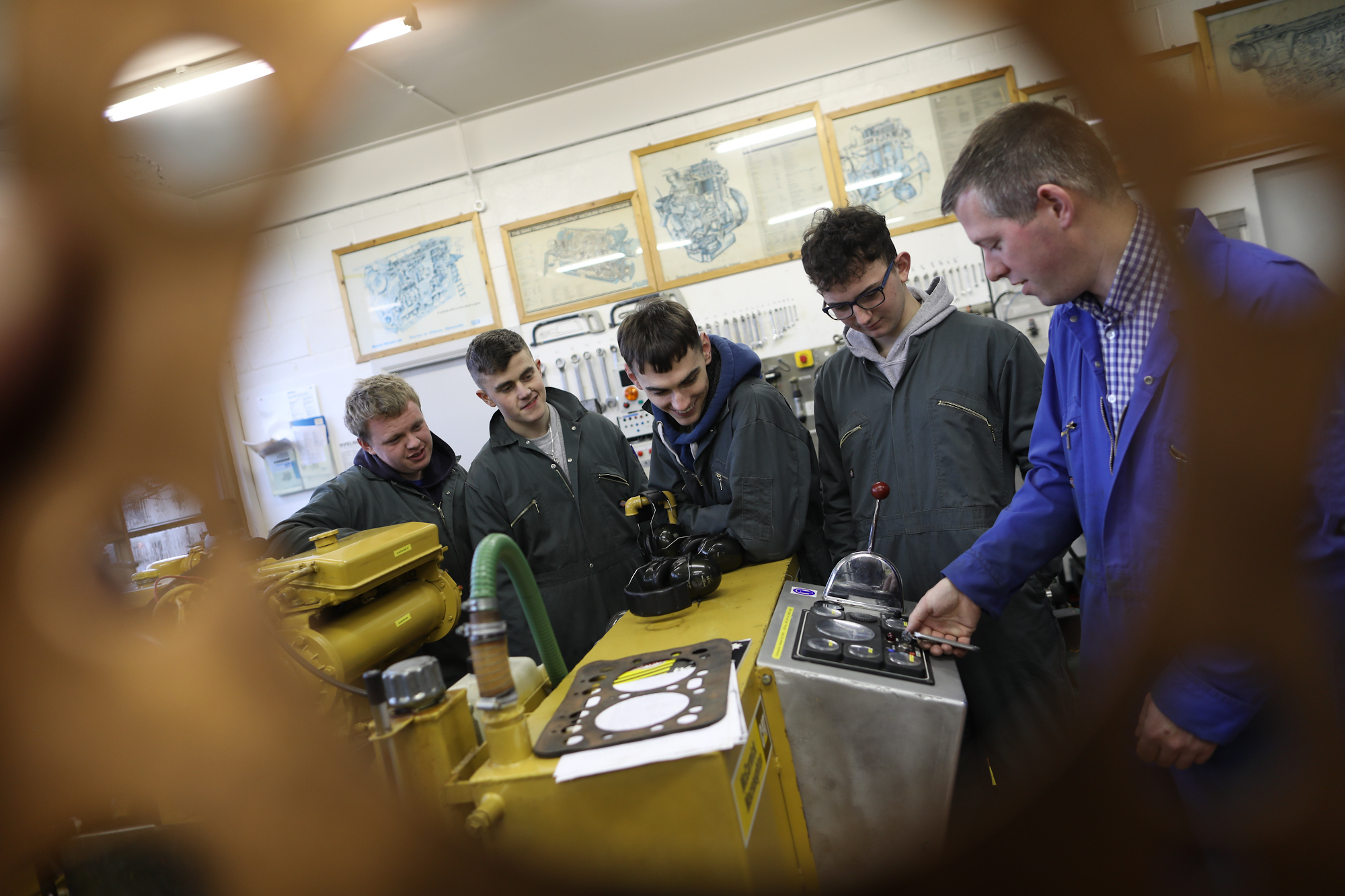
Contact Us
Are you someone who thinks that the Seafood Industry is only about boats, fish catches and a life on the ocean wave?
Well, think again...
Bord Iascaigh Mhara
About Bord Iascaigh Mhara
Why Choose Us
Who We Employ
Our Locations
Where to go for Current Vacancies
Our Graduate Training Programme
Internships
Apprenticeships
Work Experience
Interviews
View All Interviews
Liz O'Toole, Skipper
It was a personal choice to follow a career in the fishing industry. I did a NCUA course in fishing in the area of becoming a Deckhand. A Deckhand is someone who accompanies and assists the Skipper and his crew. This course led to a work placement on a boat. Three years later, the Skipper on the boat on which I worked gave me the position of 2nd Skipper so I completed the certificate of competency (skipper 2nd hand).

Hi, Ask me a question...




















